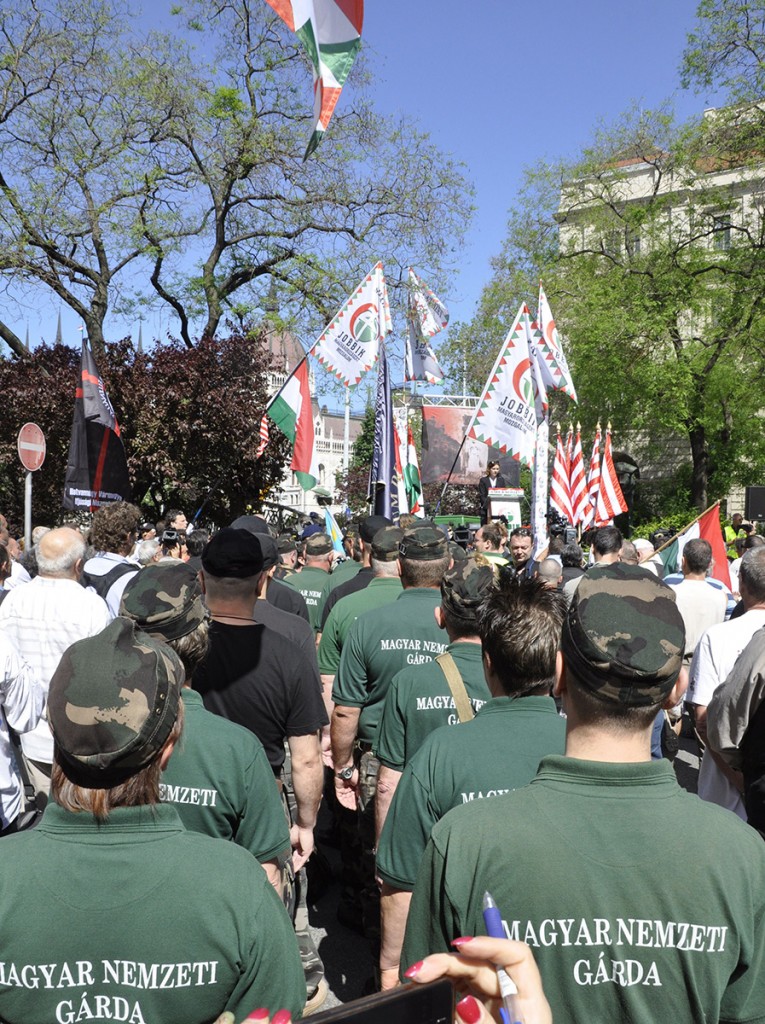![Euroscepticism in Russia-Ukraine War [EVENT] Euroscepticism in Russia-Ukraine War [EVENT]](https://4liberty.eu/phidroav/2022/06/event-republikon-visio-1024x561.png)
Euroscepticism in Russia-Ukraine War [EVENT]
BY
Visio Institut / June 23, 2022
Dr. Tanja Porčnik participated at the panel discussion on “Euroscepticism in the Russia-Ukraine war“ organized by the Republikon Institute from Budapest, Hungary, on June 16, 2022.






